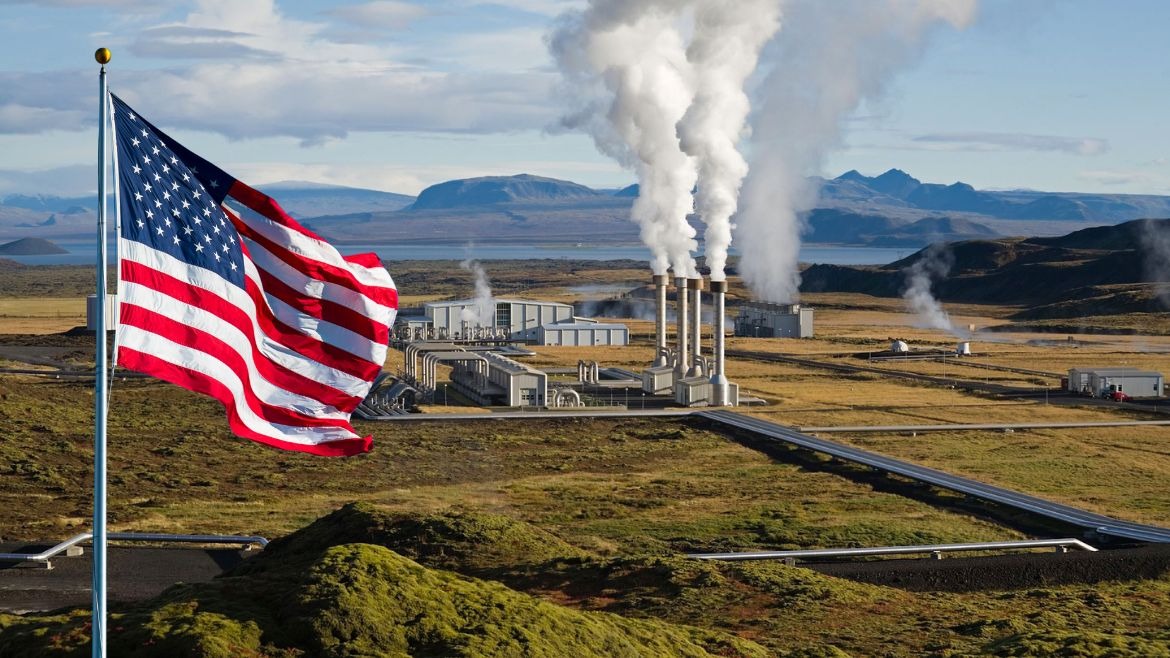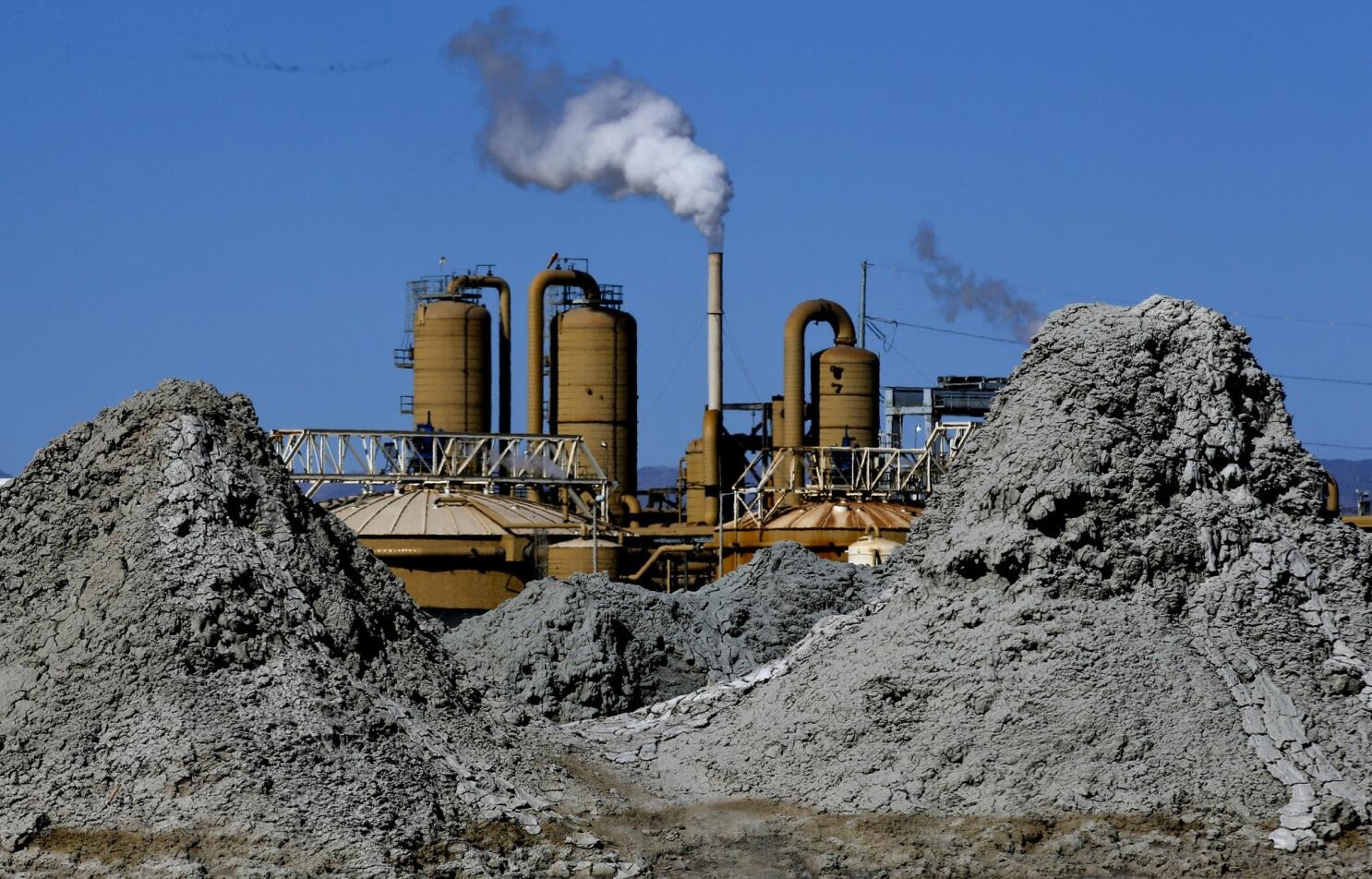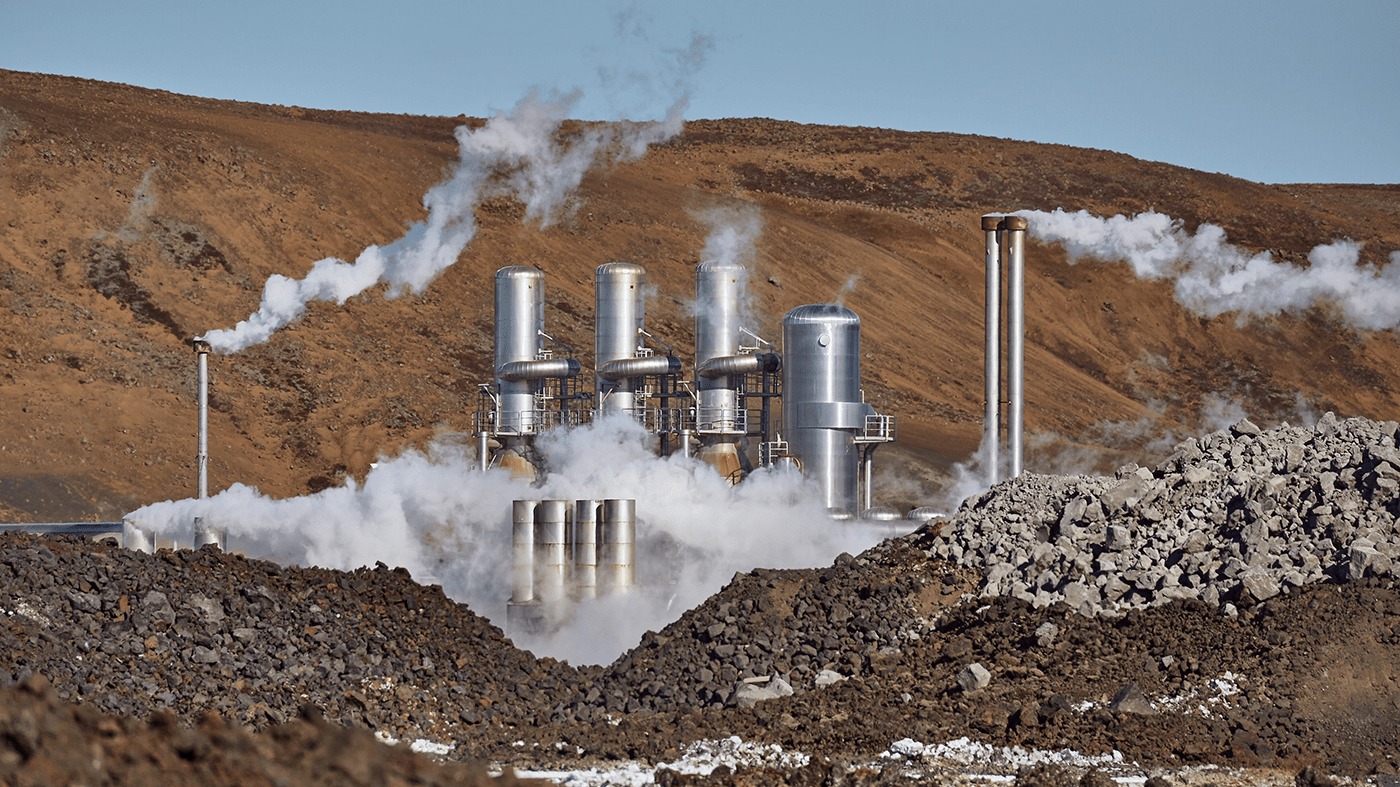Geothermal energy, which utilizes the Earth’s subterranean heat to generate electricity and power industrial processes, is emerging as a potential bipartisan solution to energy and environmental challenges.
Both Republicans and Democrats, as well as stakeholders from the fossil fuel and renewable energy sectors, recognize the benefits of geothermal technology, albeit for different reasons.
For Republicans and the fossil fuel industry, geothermal energy offers a pathway to energy security without departing from the established drilling expertise. For Democrats and climate advocates, it represents a sustainable, zero-carbon energy source that aligns with environmental goals.

Geothermal could revolutionize American energy (Credits: The Driller)
Geothermal energy’s ability to provide constant power also complements the intermittent nature of other renewables such as wind and solar.
However, the partnership between these diverse groups is not without tension. Environmentalists express concerns about the reliance on traditional oil and gas drilling techniques and the potential for the fossil fuel industry to use geothermal projects as a form of greenwashing.
Despite these concerns, the transition to geothermal energy is beginning to see substantial investments from oil companies and governmental bodies like the Biden administration.
Serious obstacles remain for geothermal energy to reach commercial viability and widespread adoption. These include technical and economic challenges, regulatory hurdles, competition from more mature energy industries, and community and environmental opposition.
The most promising geothermal sites in the U.S. are located in arid regions, raising concerns about groundwater depletion and induced seismic activity.

US Claims Geothermal Will Become “Renewable Powerhouse” (Credits: Los Angeles Times)
The industry’s growth is also influenced by political dynamics. Jamie Beard of Project InnerSpace warns that politicizing geothermal energy could hinder its development, especially with potential shifts in administration.
She advocates for a balanced approach, where the fossil fuel industry is allowed to contribute to the geothermal sector without facing vilification.
In this complex landscape, geothermal energy stands at a crossroads. It offers a promising clean energy solution that can bridge partisan divides and industry sectors. However, for it to truly succeed, stakeholders must direct the cultural, economic, and environmental challenges while fostering collaboration across traditional divides.
The upcoming elections and the continued support from various government agencies will play crucial roles in shaping the future of geothermal energy in the U.S.























